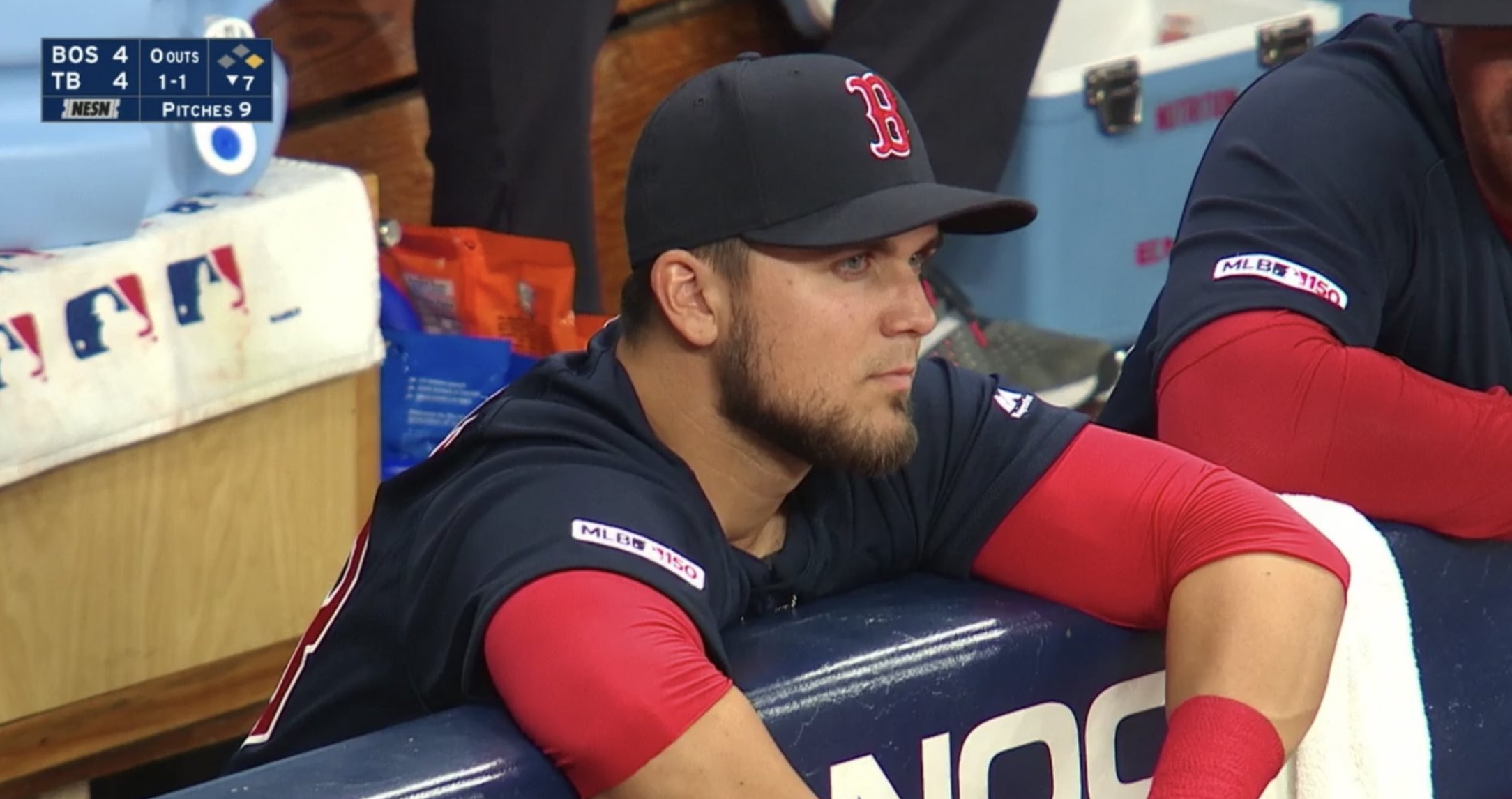Surprisingly, there are many professional athletes who are suffering from depression. Anyone can be affected by this condition regardless of fame or fortune. One in five people suffer from depression at some time in their lives and athletes are no exception. In recent years we have seen various cases in various high-performance sports in the world; the latest is the British cricketer Michael Yardy, captain of the Sussex County Cricket Club, who retired from his world of specialties, arguing that he was very depressed.
Some reasons can influence that this condition occurs in the life of an athlete; For example: athletes, especially professionals and high performers are subject to high stress levels, because the hope that they sometimes exceed their psychological abilities. They themselves set goals which, if they fulfill them, make them fall into a state of depression which they rarely express and hence can be complicated to achieve fatal consequences.
Other reasons may be lonely. Because of sports commitments, athletes, especially soccer players, rugby players, cricketers, basketball players, etc. Doing a long tour that keeps them from family for some time. This same solitude can produce professional performance below what is expected, which ultimately results in depression but in some cases, depression can be “minimized” with proper help.
Jamaicón Villegas syndrome
A strange example of this condition is remembered by Mexican fans, when in the late 50s and early 60s, what was known as the Villegas Jamaicón Syndrome appeared; thanks to José Villegas Tavares, the player at the Mexican national football team at that time. In this case there are two versions:
Preparing for the 1962 World Cup in Chile it was said that if Jamaican had beaten Garrincha repeatedly with Chivas, there was enough defense for the Mexican team. The Federation arranged tours to Europe and with Ignacio Trelles in their command to travel to London where playing was empty, Trelles decided to line up substitute goalkeeper Antonio “Piolín” Mota. When communicating the alignments, Mota was very worried but Trelles told him to be calm because Jamaican would be there to support him. The match was a defeat with eight goals against the English team, that day Villegas could not hold the England striker. When Jamaicón was interviewed by a journalist, he said: “He missed his mother, who had not taken birria for days and that life was not life if he was not on his land”.
According to journalist Carlos Calderón, the scene was set in Lisbon before the 1958 World Cup in Sweden, where dinner was offered to the Mexican team. Villegas left for dinner and when Trelles did not show up, he went looking for him and found him wandering in the hotel garden and this is where the following dialogue took place: “José, what are you doing here?” Jamaican replied: “How can I go to dinner if they have prepared a broken dinner? What I want is my boat, good soup, and not the nonsense that Mexico has.”
This, which looks like a simple anecdote, truly reflects the reality of depression about what many athletes are doing, but few outsiders are seeking professional help.
Therapy & life coaching as treatment
Talking to a professional therapist or a life coach is going to be paramount if you want to deal with this problem . This helps restore self-confidence and gives athletes the opportunity to talk to someone about their feelings. However, experts make it clear that there are no simple and fast rules about how to treat an athlete who suffers from depression.
Working with a depressed athlete is like working with someone who has lost hope and sees everything in a negative way. You have to be careful. On the other hand, what works with one athlete may not work with another. Each depression is different. In cases where the depressed athlete decides to cancel a tour and return home, the reaction of family and friends is vital to begin the recovery process.
